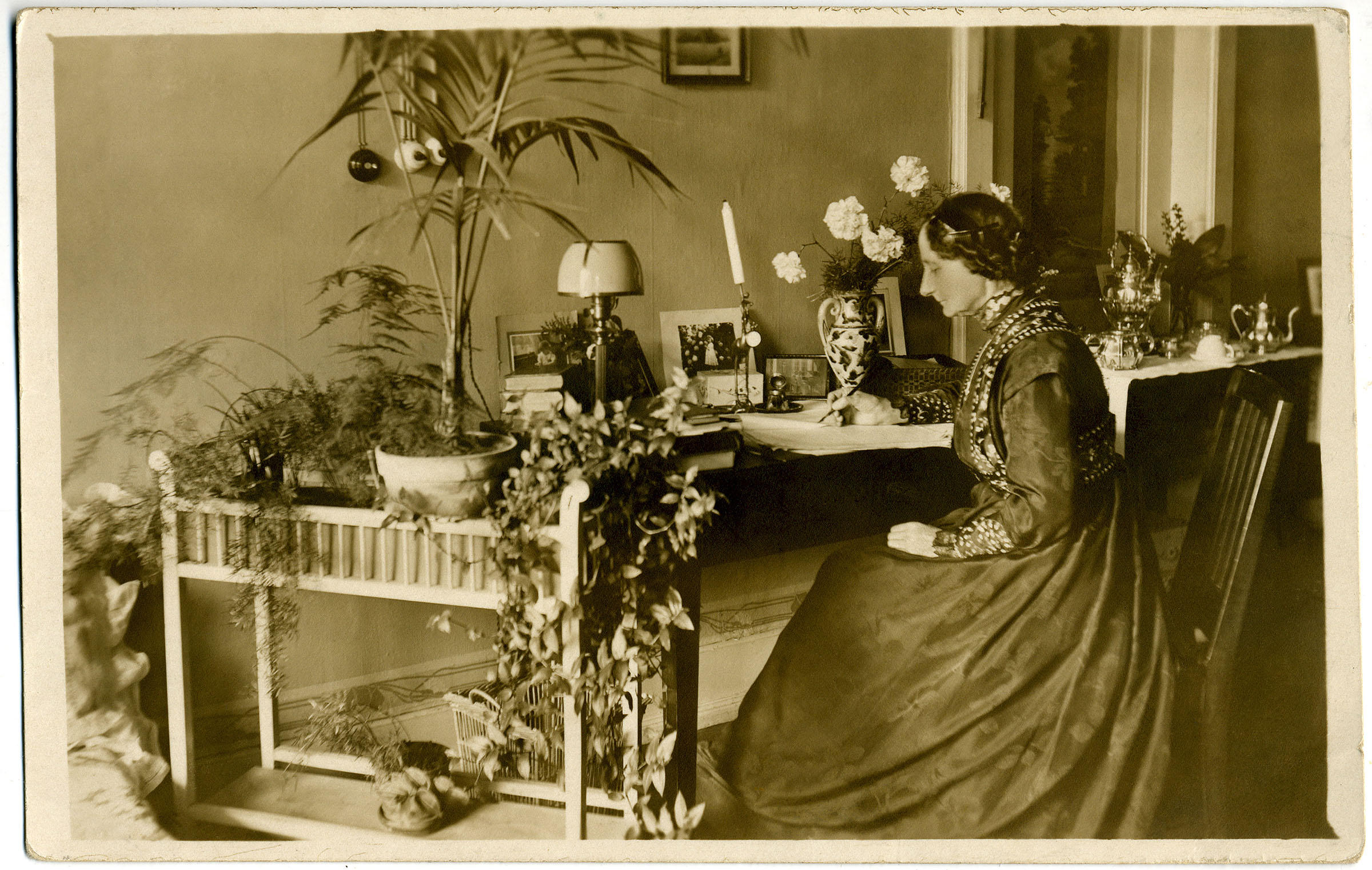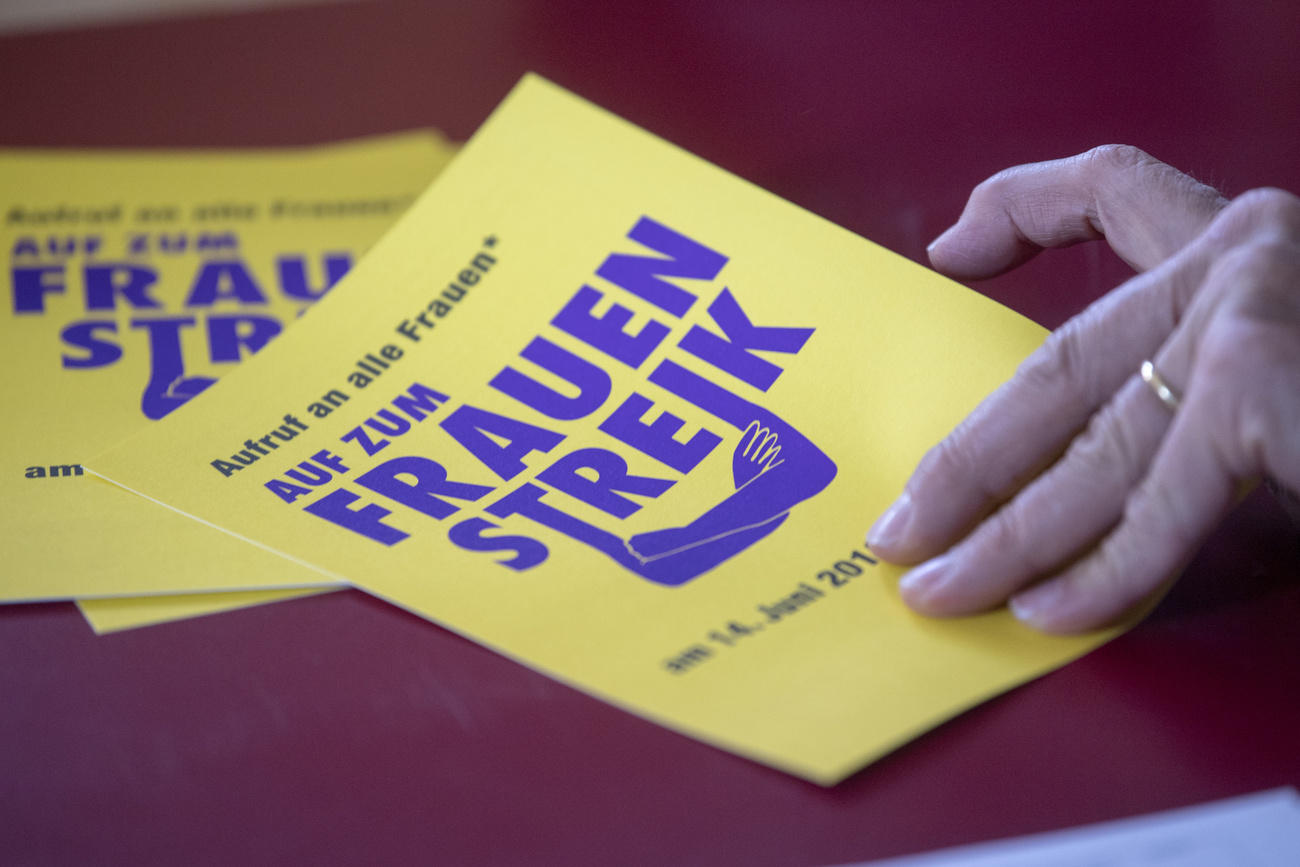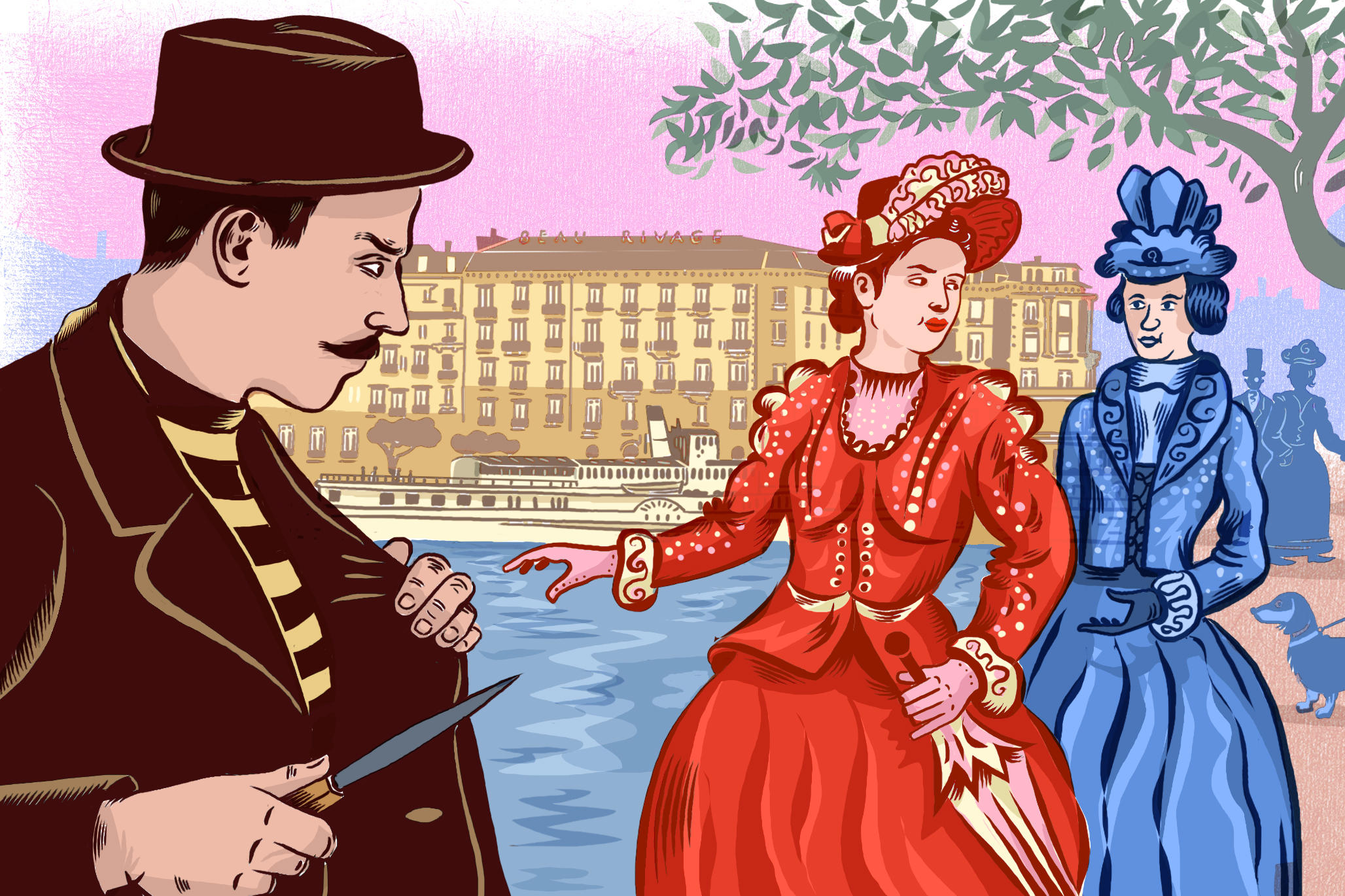Lina Bögli: How one Swiss woman defied social norms to tour the world

Lina Bögli was a simple peasant before she left on a round-the-world trip at the end of the 19th century. Her account of the journey, which lasted a decade, became a literary success.
As Lina Bögli waited in the Italian port of Trieste in July 1892 for a steamboat that would take her on the first leg of her world tour, the 34-year-old was suddenly seized with terror. It wasn’t too late to put her silly ideas away, turn around and return home, she thought.
Then she heard a port worker mention the name of the boat she was to embark: Forward. Her fear evaporated. No longer afraid of the sea and no longer intimidated by the foreign crowd, she was filled with a new sense of courage and felt in that instant that God was ordering her onward.
“It seems to me that I can no longer fear anything, nor will I hesitate anymore. From this moment, “forward” will be my motto,” wrote Bögli.
Tough, determined, confident
Not only did that word propel her on her trip, but it also became the title of a book describing her adventures. Originally published in English in 1905, Forward was based on her journal entries and written as a clever epistolary novel in which she described her travels to a friend in Switzerland.
The trip was slow. From Italy she travelled to the Red Sea, then on to Sri Lanka before arriving in Australia. She continued to New Zealand, the Samoa Islands and Hawaii. Later she crossed the Pacific Ocean to reach the United States, travelling all the way to the east of the country. She stopped in Canada before returning to Europe ten years after leaving the continent, disembarking in Kraków, Poland.
When she set out, Bögli had just enough money to cover the first part of her trip. Throughout her decade of roaming the world, she would take up work, relying on her language and teaching skills to find jobs with private schools and wealthy families.
Already as a child growing up in a small hamlet not far from the capital Bern, Bögli was tough and determined. She had dreams of becoming a teacher, but her cash-strapped family took her out of school at the age of 12 so she could work as an au pair. At 17, she left for Naples to work for a well-to-do Swiss family, whose expansive library allowed Bögli to discover world literature.
Years later, a job with an aristocratic family in Poland allowed her to save enough money to train as a teacher.
A feminist precursor
In Poland Bögli had a good job and an education. She wanted more but was aware of the social constraints placed on women.
“To be a man would be freedom,” she wrote. “What would I do if I were a man? Certainly I would travel to get to know people and the world.”
Travel she did again, this time to Asia. In Nanjing, China, she was offered a position as chair of French and German at the country’s first university for women. But the cultural differences proved too much for Bögli, whose account of her three-year Asian adventure was titled Always Forward.
Her works show that Bögli was keenly aware of social injustice and how as a woman she had less of a say than a man. But although she never became political, those in the women’s rights movement saw her as a pioneer. She had, after all, broken a number of conventions and taboos about women throughout her life.
Fiercely independent to the end
For years there were rumours that the Swiss woman had never actually travelled and her accounts were pure fiction. After all, how could a single woman with little money to her name go on a world trip? The discovery of her journals in the 1990s put to rest any doubt about her exploits. They also revealed a love affair with a Polish officer that ended because neither had the means to pay for a marriage bond required by the army.
As if to cement the fact that a woman could take care of herself, Bögli arranged for her own funeral, ensuring it would take place in the school building of her home village. She even planned the post-funeral meal at a local inn and paid for her own tombstone. It features a dove flying atop a globe and the inscription, “Forward – Standing Up”.
The Lina Bögli Museum
A new centreExternal link dedicated to telling the life story of Switzerland’s first woman travel writer opens this month near the town of Langenthal, not far from Bögli’s hometown. The centre also features exhibits on some of Bögli’s female contemporaries who helped to shape the women’s movement.
Adapted from French by Geraldine Wong Sak Hoi

In compliance with the JTI standards
More: SWI swissinfo.ch certified by the Journalism Trust Initiative












You can find an overview of ongoing debates with our journalists here . Please join us!
If you want to start a conversation about a topic raised in this article or want to report factual errors, email us at english@swissinfo.ch.